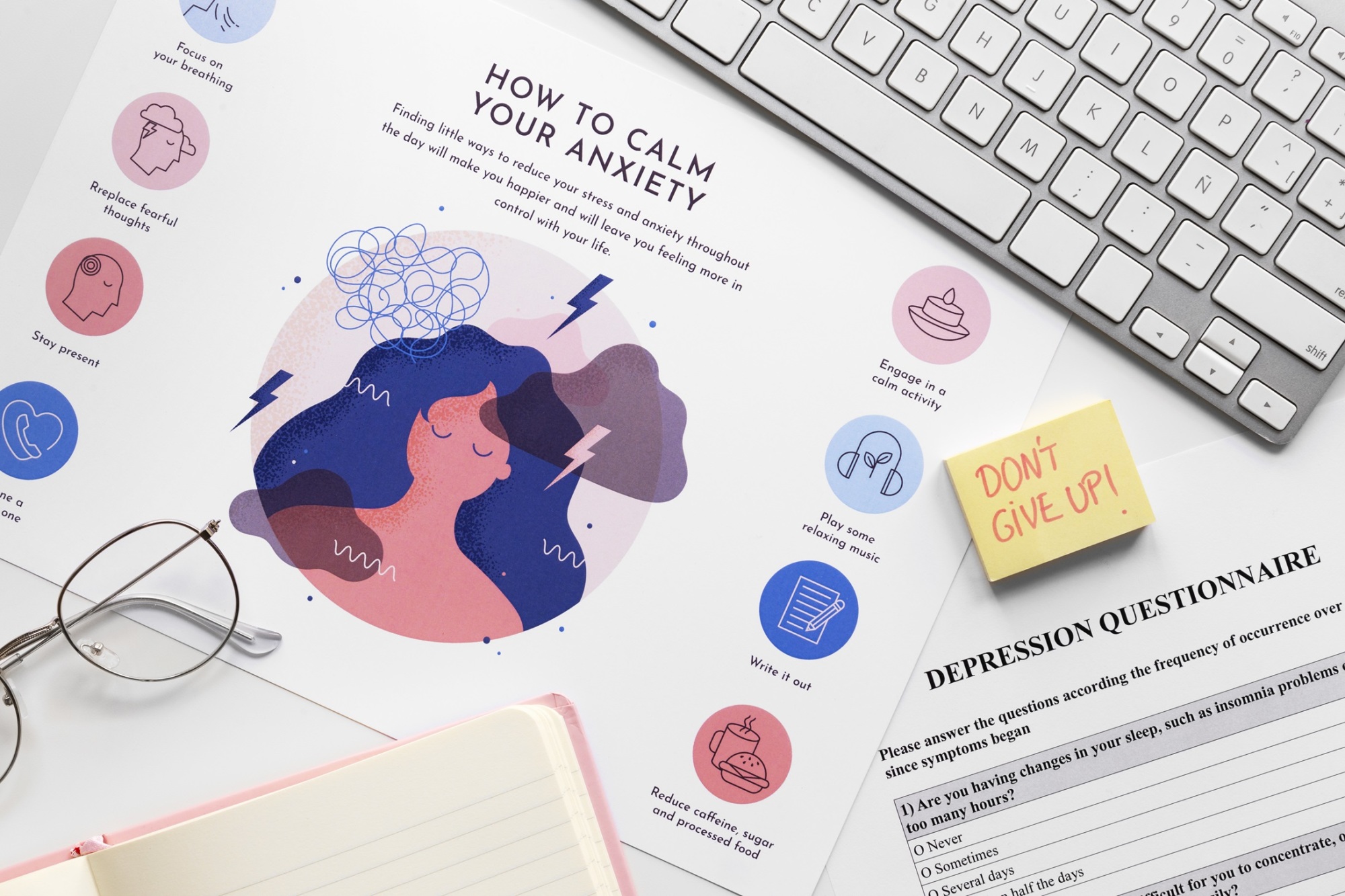7 Top Stress-Busting Tips
Kate Ashley-Norman says that the next year is very likely to be big on stress. Even those of us who think we thrive under pressure may need a few tips to...
Read Full Article
A new DGCOS Mental Health Survey for the industry expands on the original 2022 investigation and shows some interesting shifts in behaviour and perceptions though stress, anxiety and depression continue to be major concerns.
In 2022, 44.74% of respondents felt extremely stressed, dropping slightly to 42.31% in 2024. Anxiety levels rose from 39.47% in 2022 to 42.31% in 2024, highlighting the need for targeted support to manage workplace pressures. Depression, while showing some improvement, remains significant, affecting 18.42% of respondents in 2024, down from 28.95% in 2022.
Collective action and commitment
The chief executive of DGCOS, Faisal Hussain, says: “These surveys are our roadmap to better mental health in the glass and glazing industry. It's not just about ticking boxes, it requires collective action and commitment, which is essential. The findings uncover widespread challenges employees face, showing that these issues aren't isolated – many individuals share similar experiences. By adopting proactive measures, as a sector, we can foster a workplace where mental health isn't just prioritised but nurtured, ensuring a healthier, more productive workforce for the long haul.”
Taking their toll
Hussain adds: “Key factors impacting employee mental health continue to include consumer complaints and financial pressures. Consumer complaints dropped from a staggering 50% in 2022 to 34.62% in 2024, while financial pressures like chasing payments and cash flow issues continue to take their toll. Operational challenges such as staff shortages and quality control issues continue to affect overall mental well-being.
Silver linings
“Despite these challenges, there's a silver lining: 30.77% of respondents in 2024 sought medical help, up from 23.68% in 2022. However, there's still a gap in sufficient support, with 15.38% reporting they didn't receive the right help, an increase from 10.53% in 2022. But it’s not all bad news. Employee perceptions of employer support have improved, with 19.23% rating their employers as very supportive in 2024, up from 13.16% in 2022. Employers recognise the need for even greater support from their staff, showing a mutual commitment to improving workplace mental health.
“The survey reveals mixed opinions about mental health awareness within the industry. In 2024, 80.77% of respondents felt there wasn't enough awareness but efforts are underway to normalise discussions and break down taboos around mental health among colleagues. Interestingly, the perception of a mental health crisis has shifted: in 2022, 60.53% believed there was a crisis, which dropped to 34.62% in 2024. Those who didn’t see a crisis increased from 39.47% in 2022 to 65.38% in 2024, indicating a more optimistic outlook or actual improvements.”
More programmes needed
Hussain concludes: “The industry needs more extensive employee wellbeing programmes, increased training on mental health issues and a culture of openness and support. By tackling these challenges head-on, the glass and glazing industry can set a precedent in prioritising mental health in the workplace. This latest survey highlights both the ongoing struggles and areas for improvement within the industry. With collective action and commitment, the glass and glazing industry can continue to enhance mental health support, ensuring a healthier, more productive workforce. It’s up to all of us collectively to drive this forward.”
Picture: The DGCOS Mental Health Survey 2024.
Article written by Cathryn Ellis
26th July 2024